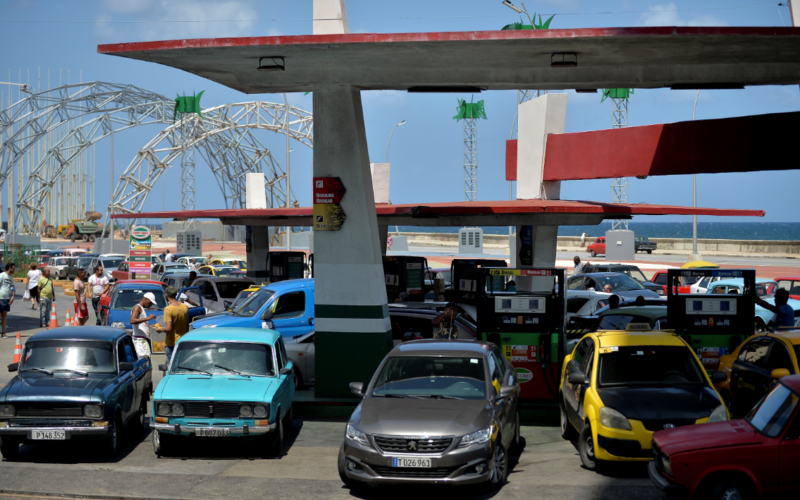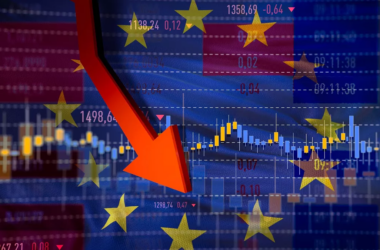In a bid to address its severe economic crisis and reduce the budget deficit, Cuba’s financially strained government has announced a substantial increase in fuel prices, exceeding 500 percent, effective February 1. The move is part of a broader set of economic measures aimed at stabilizing the country’s finances, as it grapples with a two percent economic contraction in 2023 and a soaring inflation rate of 30 percent.
Minister of Finance and Prices Vladimir Regueiro revealed on state television that the cost of a liter of regular gasoline will surge from 25 pesos to 132 pesos, representing a substantial increase of more than 500 percent. Similarly, the price of premium gasoline will see a significant jump from 30 to 156 pesos. The decision reflects the government’s acknowledgment that it can no longer sustain the sale of fuel at subsidized prices, especially in the face of a prolonged economic downturn and foreign currency shortages.
As part of the economic measures, authorities also announced that tourists visiting Cuba will now be required to pay for fuel in foreign currency. This adjustment aligns with the government’s broader efforts to mitigate the impact of economic challenges, including the scarcity of foreign currency and the enduring impact of the decades-long U.S. embargo.
Cuba’s economic woes have been exacerbated by various factors, including the ongoing COVID-19 pandemic, tightening U.S. sanctions in recent years, and inherent structural weaknesses. Official estimates indicate a two percent contraction in the Cuban economy in 2023, contributing to the country’s worst economic crisis since the collapse of the Soviet bloc in the 1990s. Economy Minister Alejandro Gil highlighted the necessity of adjusting fuel prices, acknowledging that the previous subsidized rates were unsustainable in the current economic climate.
In addition to the fuel price hike, the Cuban government unveiled a series of economic measures in late December. Among them is a 25 percent increase in electricity prices for major consumers in residential areas and adjustments in costs for natural gas. The Central Bank is also reportedly exploring potential changes to the exchange rate against the dollar, signaling a comprehensive approach to addressing economic challenges.
Economic experts note that while Cuban gasoline remains relatively cheap on a global scale, the disparity with local salaries renders it expensive for the population. The fuel price restructuring is anticipated to have widespread effects on Cuban society, as highlighted by economic analyst Omar Everleny Perez, who emphasized the impact on various sectors.
Cuba’s decision to implement a substantial fuel price hike underscores the urgent need for economic reforms amid challenging circumstances. As the government navigates its worst economic crisis in decades, the effectiveness of these measures, along with their implications for the broader population, remains a subject of close observation.








